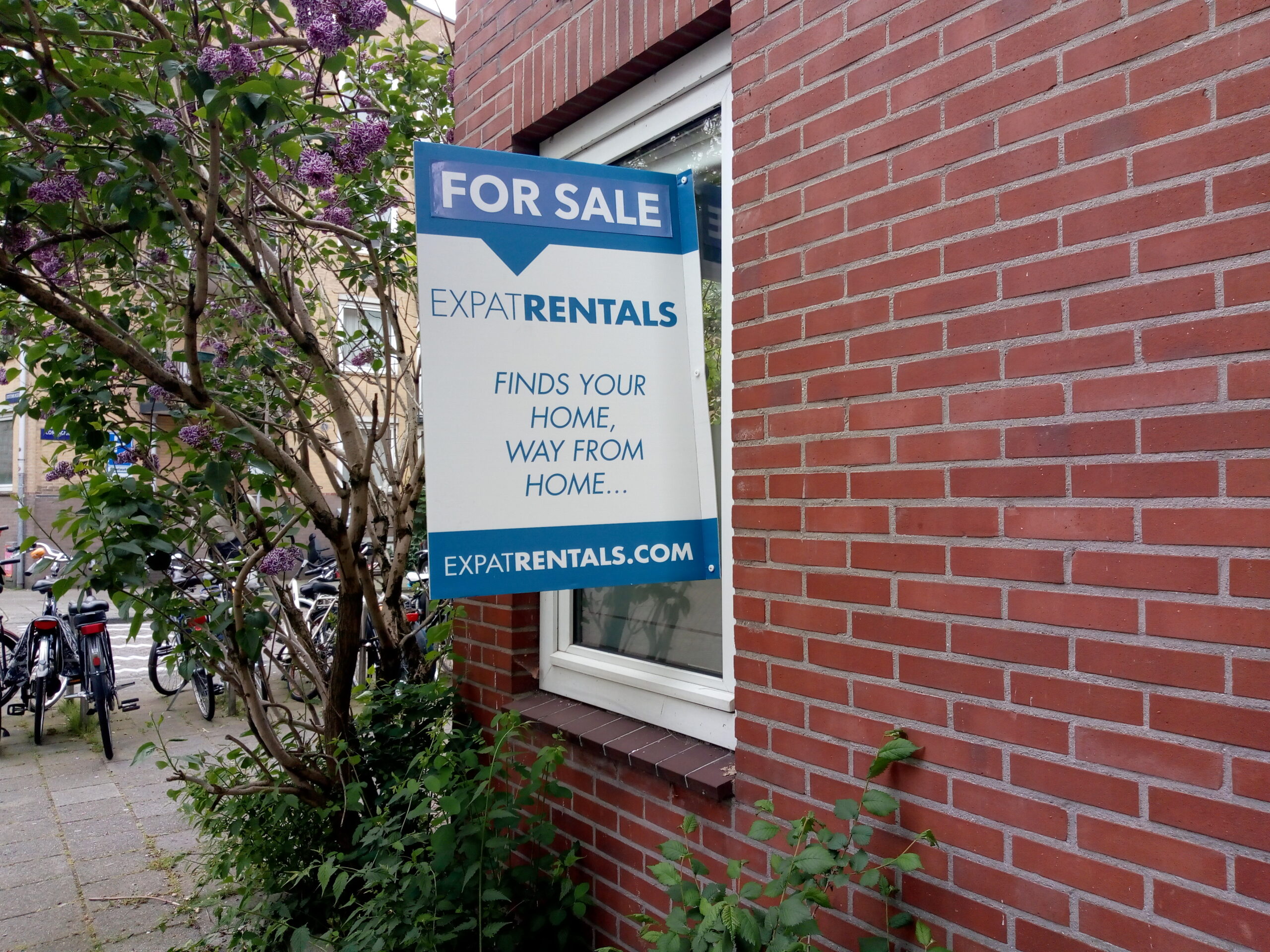Buy-to-let ban is good for first-time buyers but bad for tenants

Banning buy-to-let purchases has almost no effect on house prices and may even make it harder for tenants to find a place to live, an early study of the policy has found.
Dozens of cities including Amsterdam, Rotterdam, The Hague, Utrecht and Eindhoven have implemented a law that came into force in 2022 allowing them to banned investors from buying homes to let out in specified neighbourhoods. Amsterdam and Utrecht have applied the ban across the whole city.
The aim of the law was to stop investors driving up prices and give first-time buyers a better chance of finding a home.
But a study by the University of Amsterdam and Rotterdam’s Erasmus University, in collaboration with the land registry, found that the policy mainly benefited older, better-off tenants who were already able to afford a house.
The study compared neighbourhoods in Rotterdam where buy-to-let purchases were banned with areas where the so-called “purchase protection” (opkoopbescherming) policy did not apply.
It estimated that around 2,000 homes nationally were acquired by first-time buyers that would previously have been claimed by buy-to-let landlords.
However, the effect on prices was a minimal 0.1% in the areas of Rotterdam where the restriction applied.
Minimal effect
The first-time buyers who bought the houses typically had average or above-average incomes, earning around €10,000 more than the tenants they displaced.
They were also on average three years older, less likely to have a non-Dutch nationality and much less likely to move again within two years.
“While the ban-induced shift in purchases from investors to owner-occupants ha enhanced homeownership access for middle-income households, it has curtailed housing opportunities for lower-income renter households,” the researchers wrote.
The study found no substantial evidence of a “waterbed effect”, where investors target homes just outside the restricted area and drive up prices.
But they found that the biggest losers from the ban were private sector tenants. Rents went up by around 4% as fewer rental homes became available, while their chances of buying a home for themselves were no better.
“If we need to give first-time buyers a leg-up with things like purchase protection, what should we do for this group of tenants for whom buying their own home remains out of reach, even when there are no investors?” Erasmus researcher Mattjijs Korevaar said in the Financieele Dagblad.
Thank you for donating to DutchNews.nl.
We could not provide the Dutch News service, and keep it free of charge, without the generous support of our readers. Your donations allow us to report on issues you tell us matter, and provide you with a summary of the most important Dutch news each day.
Make a donation